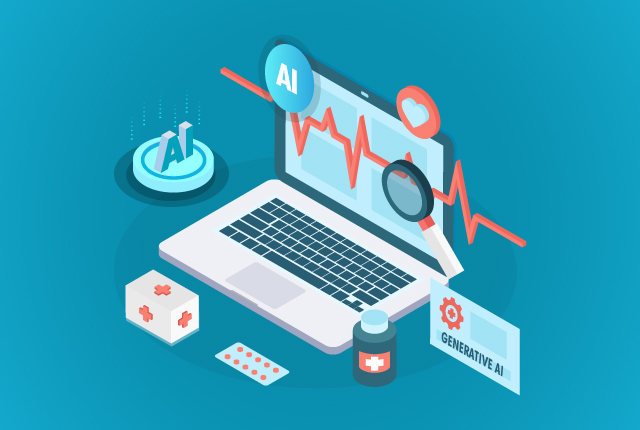
The healthcare industry worldwide can be improved with the help of artificial intelligence. AI can accelerate the pace and process of treatment by providing early diagnosis or recognition of disease patterns, among other benefits. However, there are also many challenges associated with AI implementation in healthcare, such as:
- Data Privacy and Regulatory Compliance: Patients prefer their personal health information to be utilized for their own benefit rather than being sold or exploited in any way. The law mandates that patient data should be safeguarded. Regulators are scrutinizing privacy concerns related to the use of patient data. Healthcare institutions must strictly adhere to preventing data breaches and the misuse of sensitive patient data.
- Cross-border Data Transfer Complexities: International systems may face challenges when transferring data across borders. Ensuring data security during international transfers is challenging, as crucial information can be susceptible to breaches.
- Data Accuracy Risks: Generative AI faces challenges when creating synthetic data and content, leading to misuse or misrepresentation of information. However, it can potentially diagnose diseases, predict patient outcomes, or accelerate drug discovery.
- Data Handling and Storage: Patient data management with electronically stored medical records can be improved by improving security, accessibility, accuracy, and efficiency through data handling and storage. Hospitals can improve the quality of their services and provide the best care for their patients with the right digital solution.
- Vulnerabilities in Unsecured Plugins: When any external sources are connected to generative AI models, cyber-security risks are posed by plugins. The system can be accessed unauthorized by exploiting this vulnerability and stealing sensitive data. Therefore, it is essential to implement strong security measures when using plugins with models.
Healthcare organizations that are interested in incorporating generative AI technologies to transform their workflows or services must deal with privacy concerns, Cross-border Data Transfer Complexities, data accuracy risks, data handling & storage, Vulnerabilities in unsecured plugins and regulatory requirements while updating processes and policies to accommodate this new technology. To deal with these complex concerns, it is necessary to have a multidisciplinary strategy that includes healthcare practitioners, AI researchers, and legal experts.


Post a Comment